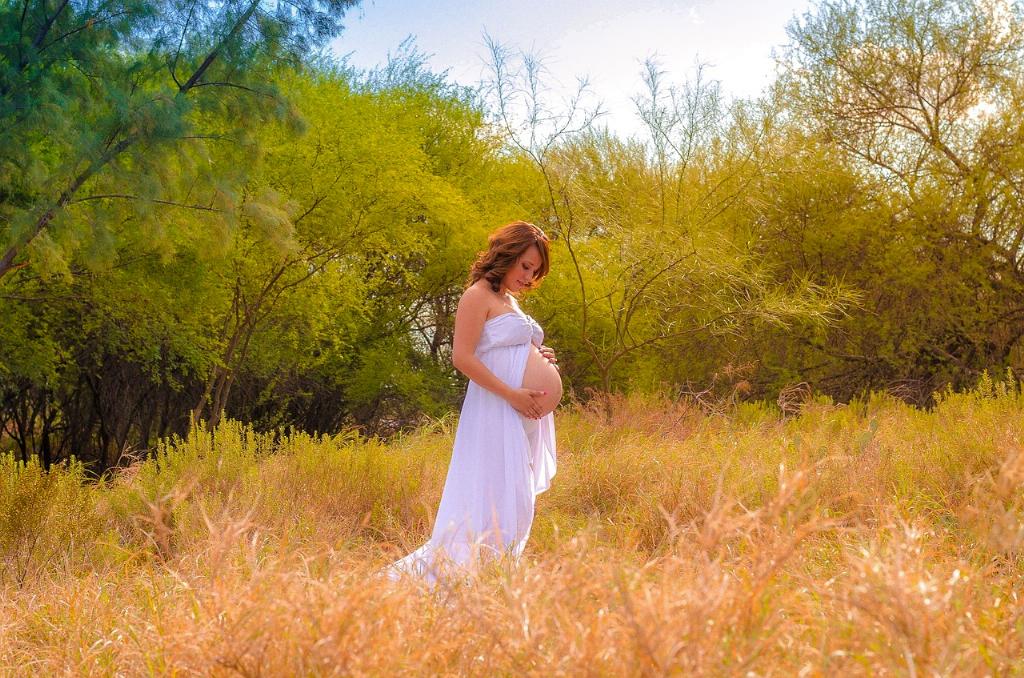During pregnancy, it is essential to be aware of any changes and signs that may indicate a potential issue. One common concern for pregnant women is how to distinguish between normal vaginal discharge and amniotic fluid leakage. Knowing the difference is crucial for the health and safety of both the mother and the baby.
Amniotic fluid serves as a protective cushion for the baby in the womb and plays a vital role in their development. When a pregnant woman’s water breaks, it means that the amniotic sac has ruptured, and the fluid is leaking out. It is crucial to be able to recognize the signs of amniotic fluid leakage to seek appropriate medical attention promptly.
If you suspect that your water may be leaking during pregnancy, one of the key indicators is the nature of the fluid. Amniotic fluid is typically clear and odorless, unlike urine or normal vaginal discharge. If you notice a significant, continuous flow of liquid that is not urine or discharge and appears to be clear, it could be a sign of amniotic fluid leakage.
Another important factor to consider is the volume of fluid leaking. If you experience a sudden gush or a constant trickle of fluid, it is crucial to consult your healthcare provider immediately. Since amniotic fluid continuously replenishes itself, the leaking is likely to persist if it is indeed the amniotic sac that has ruptured.
Color and odor can also provide valuable clues about the nature of the leaking fluid during pregnancy. While amniotic fluid is typically clear, it can sometimes be tinged with a pale yellow color. However, if the fluid is green, brown, or has a foul smell, it could indicate an infection or another issue that requires immediate medical attention.
It is essential to pay attention to any accompanying symptoms when determining if your water is leaking during pregnancy. If you experience any abdominal pain, cramping, fever, or notice a significant decrease in fetal movement along with the suspected leakage of amniotic fluid, it is crucial to contact your healthcare provider promptly.
One way to confirm whether your water is leaking during pregnancy is through a simple diagnostic test. Your healthcare provider may perform a sterile speculum exam to check for pooling of amniotic fluid in the vaginal canal. They may also conduct an ultrasound to assess the amniotic fluid levels around the baby and confirm whether the membranes have ruptured.
Ignoring potential signs of amniotic fluid leakage during pregnancy can have serious consequences for both the mother and the baby. Prolonged leakage of amniotic fluid increases the risk of infection and can lead to complications such as preterm labor. It is crucial to seek prompt medical attention if you suspect that your water may be leaking.
While it can be challenging to differentiate between normal vaginal discharge and amniotic fluid leakage, paying attention to the volume, color, odor, and accompanying symptoms can help you determine the nature of the fluid. If you have any doubts or concerns about whether your water is leaking during pregnancy, do not hesitate to contact your healthcare provider for guidance and evaluation.
Remember that early detection and intervention are key when it comes to managing potential complications during pregnancy. By staying informed and vigilant about your body’s changes and seeking timely medical advice, you can ensure the best possible outcomes for both you and your baby.

